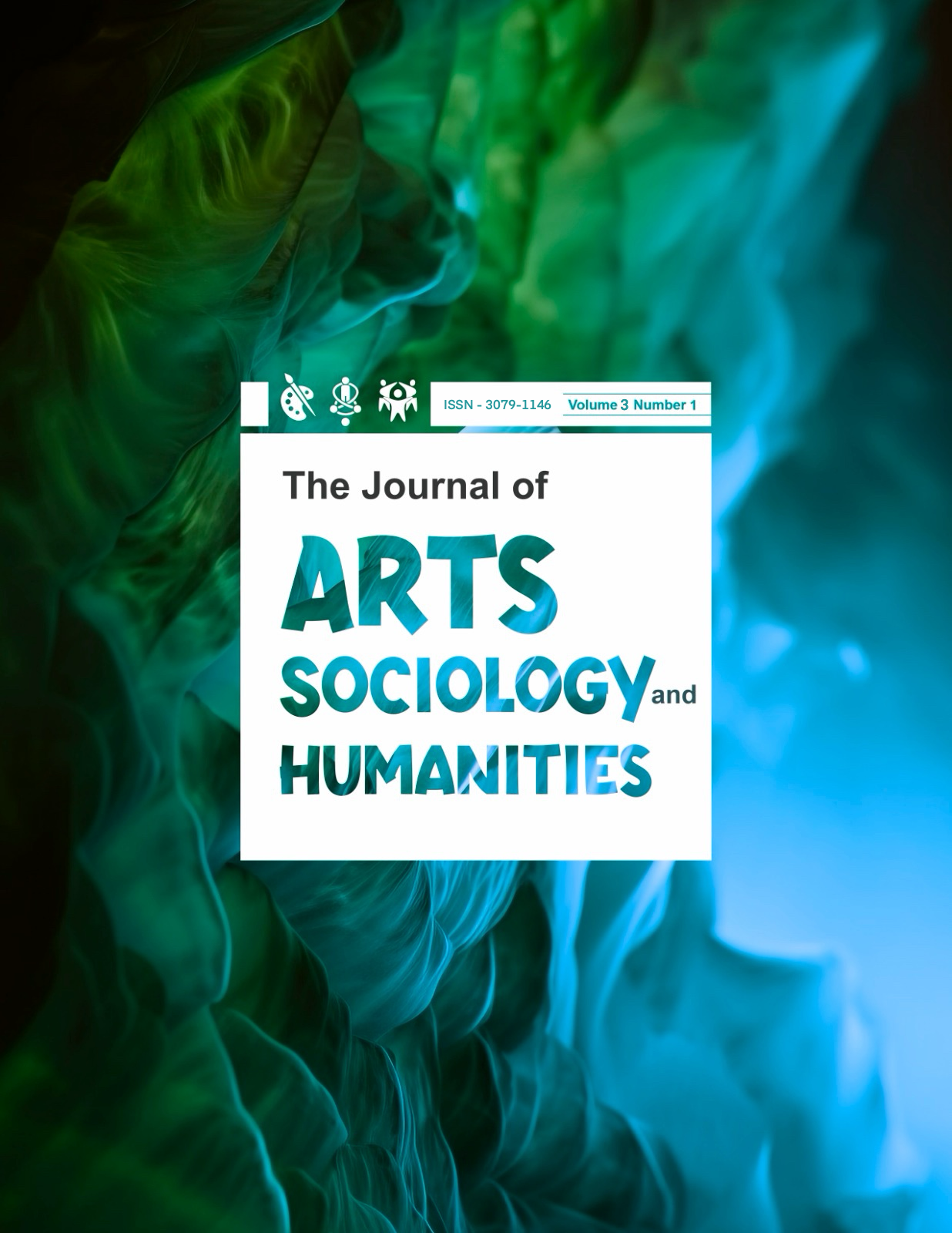Reframing Muslim Masculinity: Islamic Principles and Evolving Family Dynamics in Muslim Societies
Abstract
Across Muslim-majority nations, a profound yet underexamined shift is unfolding that challenges dominant narratives about gender and masculinity. In our recent international study, we engaged with men who advocate for women’s rights and girls’ education, exploring their motivations and the larger sociocultural forces shaping their views. What emerged was a profound evolving masculinity—one that rejects both rigid cultural patriarchal norms and Western stereotypes. This transformation is gradual, often invisible in mainstream discourse, yet deeply significant for gender justice work in the Muslim world (Duderija, Alak, & Hissong, 2020; Inhorn, 2012; Jamal, 2018). The emerging masculinities in the Muslim world reflect a broader negotiation between faith, tradition, and modernity. As men reclaim a more just and ethical understanding of their roles, they are challenging both the cultural patriarchy that restricts women and the colonial narratives that seek to define them. This is not merely an academic discussion; it is a lived reality for millions of men and women actively reshaping their communities through their role modeling and active gender justice work. The question is not whether masculinity is transforming; it already is. The real question is whether the world is ready to recognize and engage with this transformation on its own terms.






